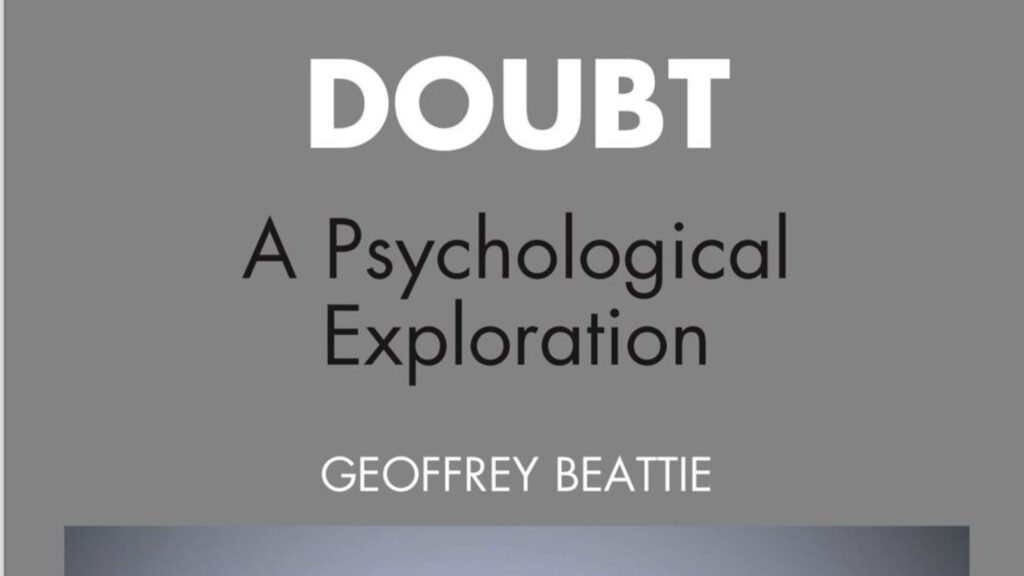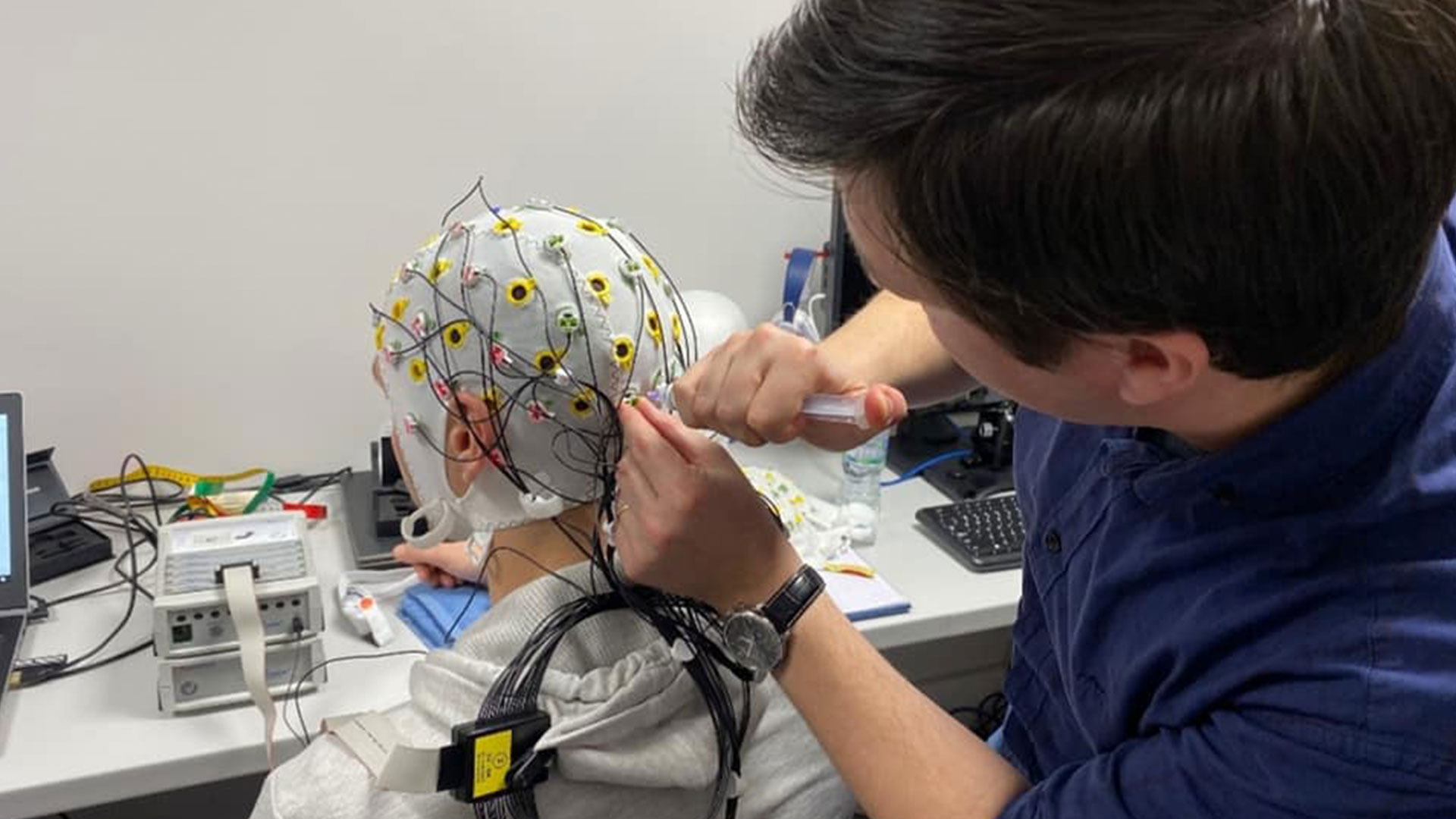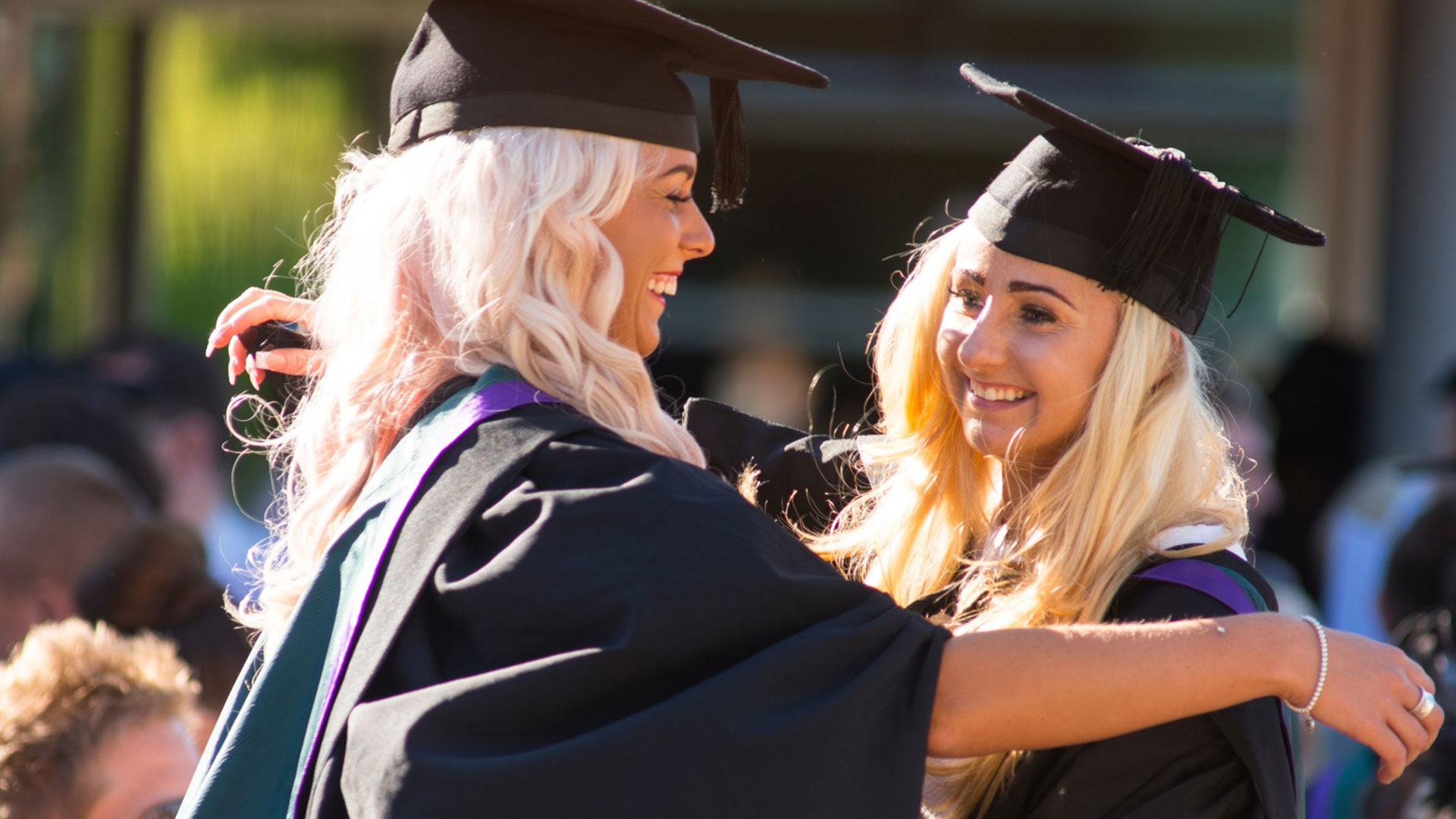Social Cognition and Communication
We are a peculiarly social species. Maintaining large and cooperative social groups allowed us to outcompete the larger and stronger Neanderthals. Maintaining these communities requires us to understand the minds of others and ensure that we ourselves are understood.
The Social Cognition and Communication Research Group investigates how human beings understand each others’ minds, how we use speech, gesture, and facial expressions to communicate, and how together this allows us to influence the minds of others.
Current research projects
- Are emoji emotional? (Professor Linda Kaye)
- The potential impact of extra-legal factors on jury decision making (Dr Joyce Humphries, Dr Dean Wilkinson)
- The impact of loneliness on processing social cues (Eleanor Clarke, Dr Felicity Wolohan, Dr Nicola van Rijsbergen)
- A community-based approach to making behaviour more sustainable: uncovering implicit attitudes to climate change and assessing their significance for climate action. (Prof Geoff Beattie & Dr Laura McGuire).
- A multimodal approach to understanding lies and deceit in various real-world contexts: the implications for effective lie detection (Prof Geoff Beattie)
- The implicit association between fonts and expressive qualities (Dr Andrea Piovesan)
Key projects
How our research is making a difference
Helping us understand how we can live well online
Professor Linda Kaye’s work on the psychology of online behaviour helps us understand how we can connect and interact in meaningful ways and how this relates to well-being
Live well onlineRethinking Body Language
Professor Geoff Beattie’s research on multimodal communication has shown that spontaneous iconic gestures are an integral part of speaking and convey core parts of the underlying semantic message. His work increases our understanding of the role of human interaction in tackling societal issues
Understanding human interaction to help tackle societal issuesMembers
Continuing Professional Development (CPD) courses
Members of our Social Cognition and Communication Research group run CPD short courses for professionals, which draw on their expertise in research and professional practice. Our courses can support professionals to use evidence-based subject knowledge and skills to optimise communicational and coaching practices.
Media
- Professor Geoff Beattie’s novel The Body’s Little Secrets (Gibson Square) was reviewed in Semiotica in 2019 by Professor Marcel Danesi from the University of Toronto.
- The Times Education Supplement (TES): What body language can do to aide learning
- The Conversation: You can tell more about a person from their Facebook page than by actually meeting them– by Dr Linda Kaye & Dr Helen Wall
- The Conversation: What your emojis say about you– by Dr Linda Kaye, Dr Helen Wall & Dr Stephanie Malone
- The Conversation: The psychology behind Trump’s awkward handshake … and how to beat him at his own game– by Professor Geoff Beattie
- YouTube- Jose Mourinho’s body language analysed by Professor Geoff Beattie
- The Observer- Navigating Academia as Neurodivergent Researchers: Promoting Neurodiversity Within Open Scholarship – by Dr John Shaw and colleagues
- The Conversation: How Donald Trump bullies with his body language– by Professor Geoff Beattie
- The Conversation: Why you’re better at whistling than singing– by Dr Michel Belyk
- The Conversation: What psychology can tell us about why some people don’t wear masks – and how to change their minds– by Dr Helen Wall, Dr Alex Balani and Dr Derek Larkin
- The Conversation: Coronavirus shows how to get people to act on climate change – here’s the psychology– by Professor Geoff Beattie and Dr Laura McGuire
- The Conversation: Body language books get it wrong: the truth about reading nonverbal cues– by Professor Geoff Beattie
- The Conversation: Joe Biden: slips of the tongue can project our own hidden thoughts, fears and anxieties– by Professor Geoff Beattie
- The Conversation: Why we’re so bad at spotting lies – most of us only perform slightly better than chance– by Professor Geoff Beattie
News
Get involved
There are various ways you can get involved in our Social Cognition and Communication research.
Contact
If you would like to find out more about our Social Cognition and Communication Research group, please get in touch with the group coordinator













